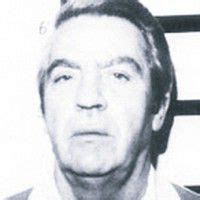A Quote by Lucy Maud Montgomery
Blessings be the inventor of the alphabet, pen and printing press! Life would be -- to me in all events -- a terrible thing without books.
Related Quotes
Over the last few millennia we've invented a series of technologies - from the alphabet to the scroll to the codex, the printing press, photography, the computer, the smartphone - that have made it progressively easier and easier for us to externalize our memories, for us to essentially outsource this fundamental human capacity.
The coming of the printing press must have seemed as if it would turn the world upside down in the way it spread and, above all, democratized knowledge. Provide you could pay and read, what was on the shelves in the new bookshops was yours for the taking. The speed with which printing presses and their operators fanned out across Europe is extraordinary. From the single Mainz press of 1457, it took only twenty-three years to establish presses in 110 towns: 50 in Italy, 30 in Germany, 9 in France, 8 in Spain, 8 in Holland, 4 in England, and so on.
Writers are voracious readers. Once I unlocked the mystery of the alphabet that led to words, a multitude of words connecting me to the world, there was no stopping me. Everything was fair game, from Louisa May Alcott to my older cousin's True Romance Magazines, from Lewis Carroll to the backs of cereal boxes. All of this fed me, but it took certain books to make me grow. I don't want to work without a sense of drama, without passion, or without both eyes open to the world around me.
Think for a moment of the great agents and engines of our civilization, and then think what shadowy ideas they all once were. The wheels of the steamship turned as swiftly as they do now, but as silent and unsubstantial as the motions of the inventor's thought; and in the noiseless loom of his meditation were woven the sinews of the printing-press, whose thunder shakes the world.



































